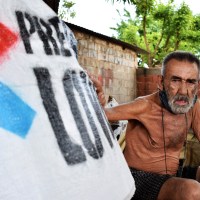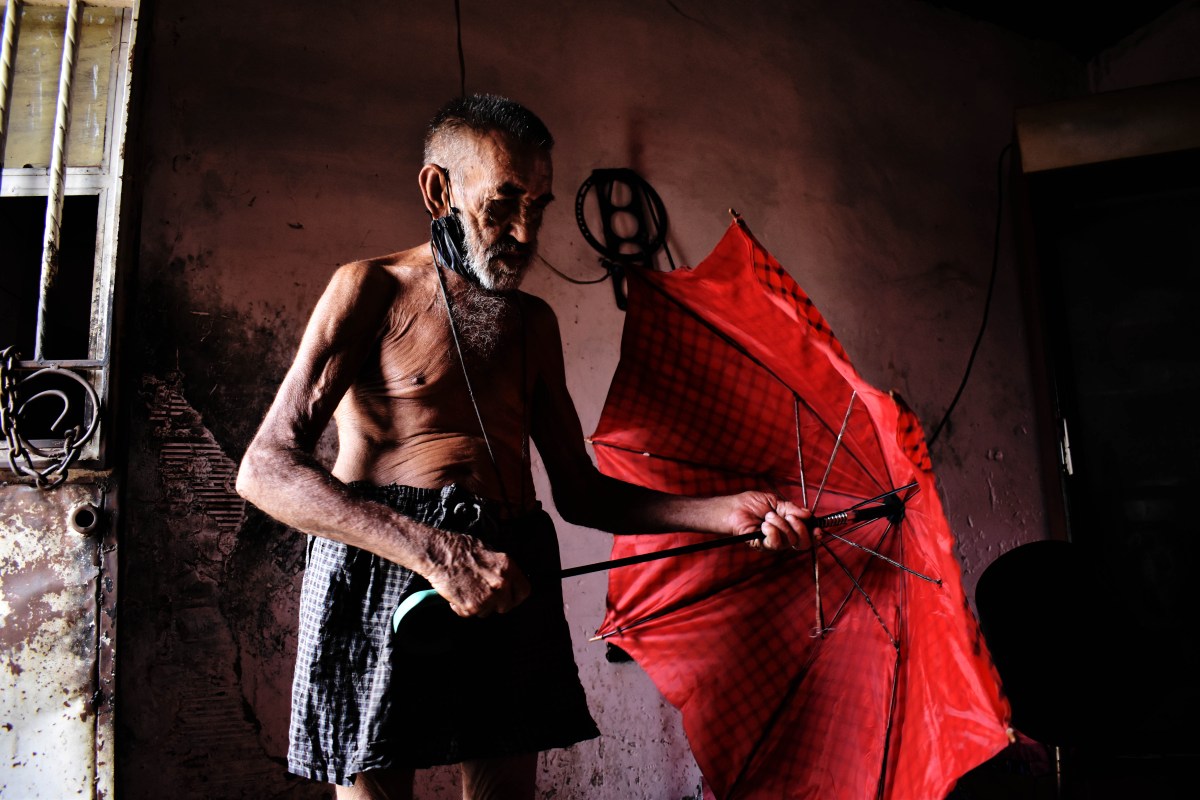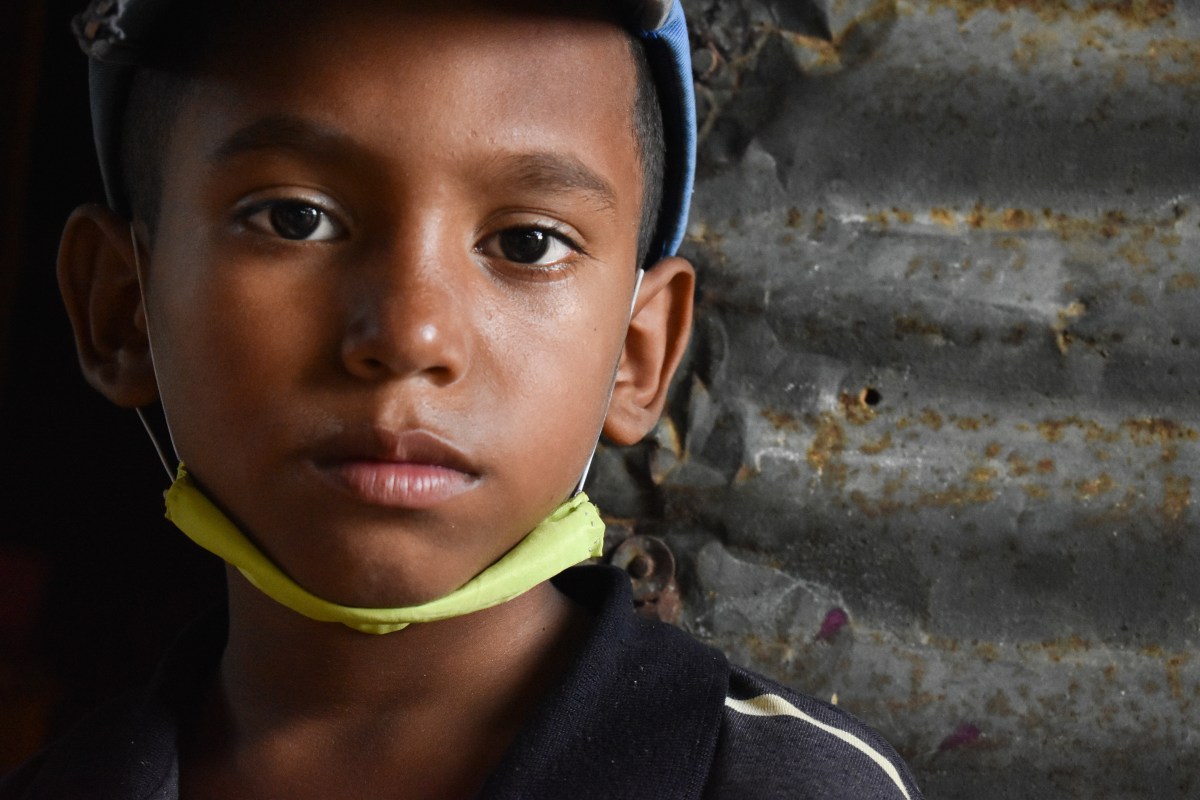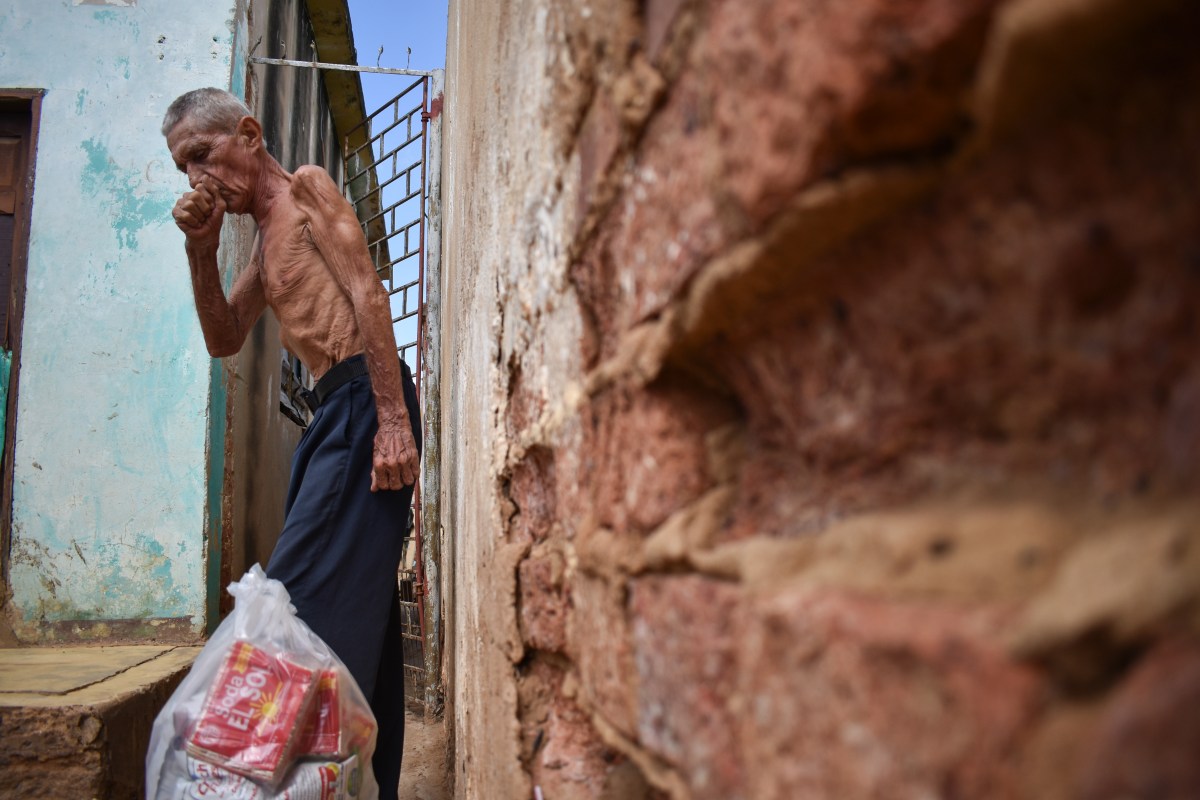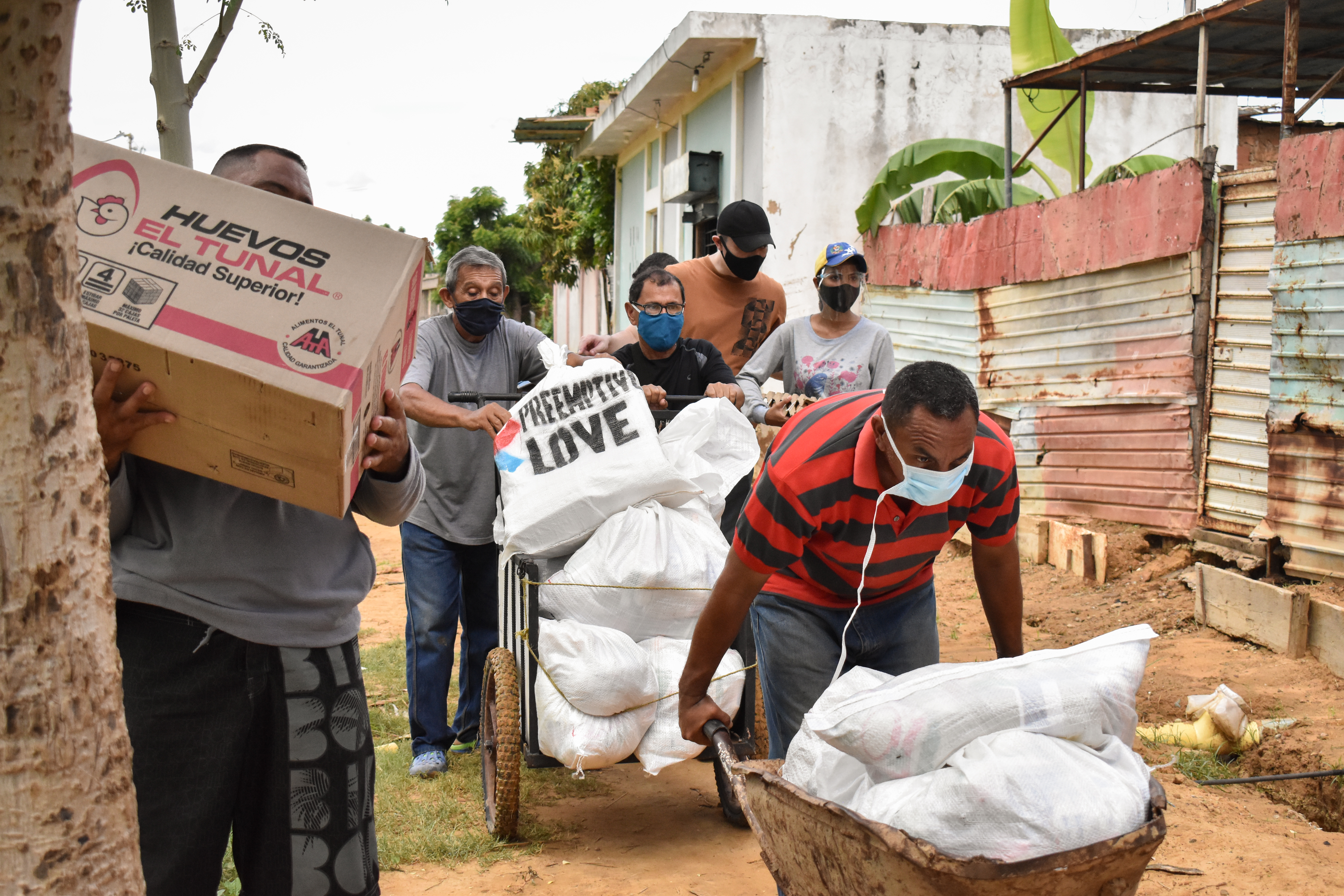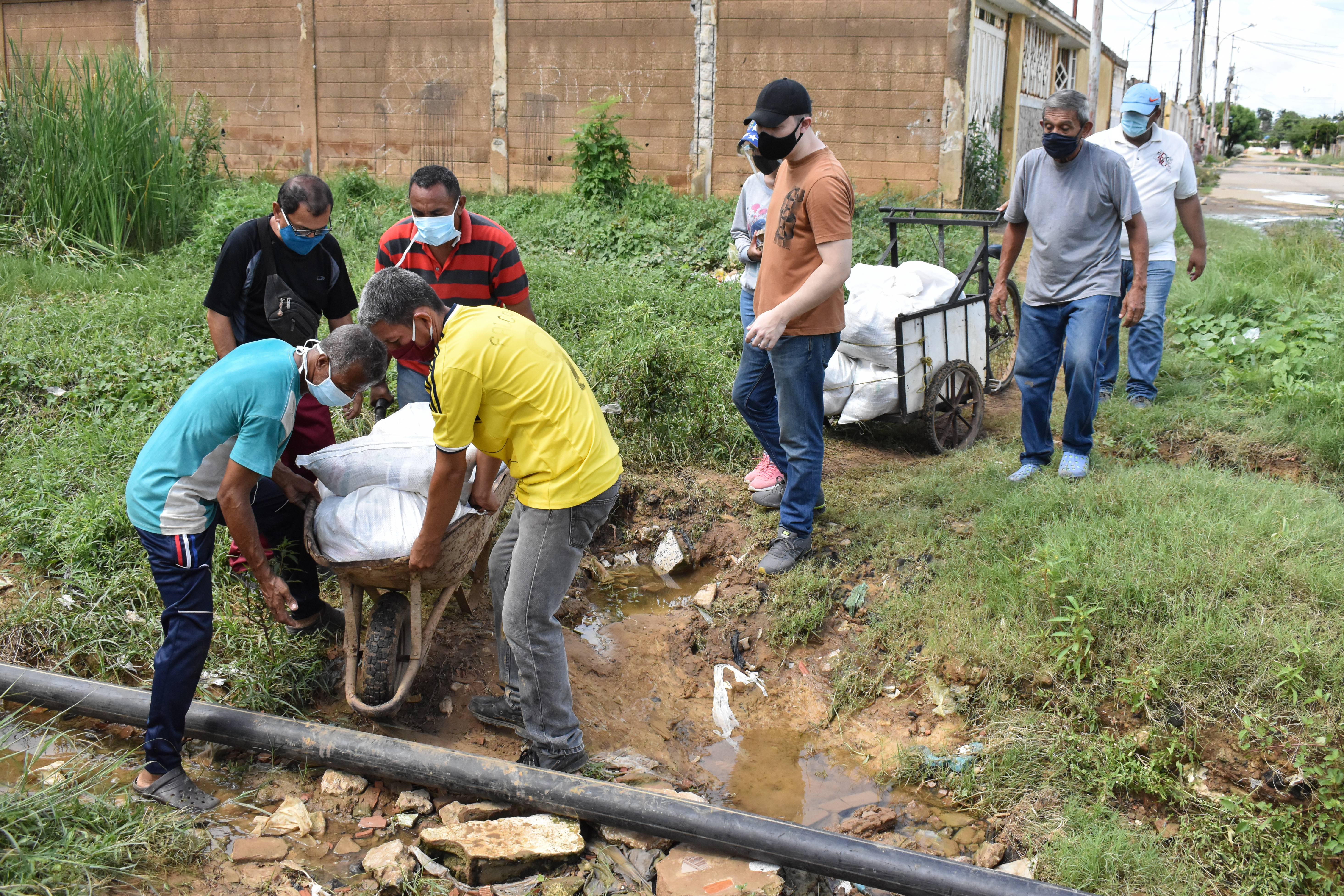Venezuela
Drowning in Hunger No More
Parents in Venezuela will do anything to feed their kids. And we will do anything to help them.
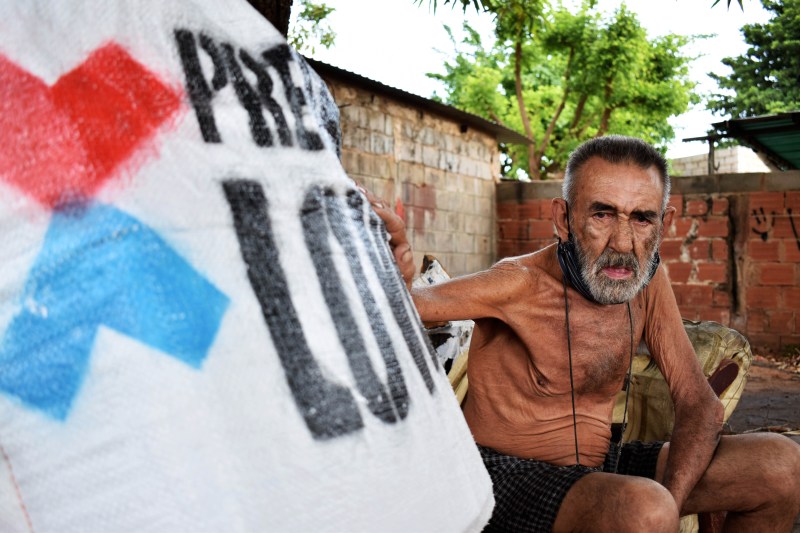
“Nobody knows how difficult this is, how difficult it is to go out and beg for food. But even more difficult is that my family goes to bed without eating anything for a whole day.”
We arrived at Aurora’s door at 6:00 pm, when she would normally prepare the daily meal for her grandchildren, if they had food. We didn’t interrupt her cooking—they had no food, and it had been more than a day since they had eaten anything. The longest Aurora and her grandchildren have gone between meals is three days.
“Every time they ask me [for food] and I don’t have anything, I feel like I’m drowning.”
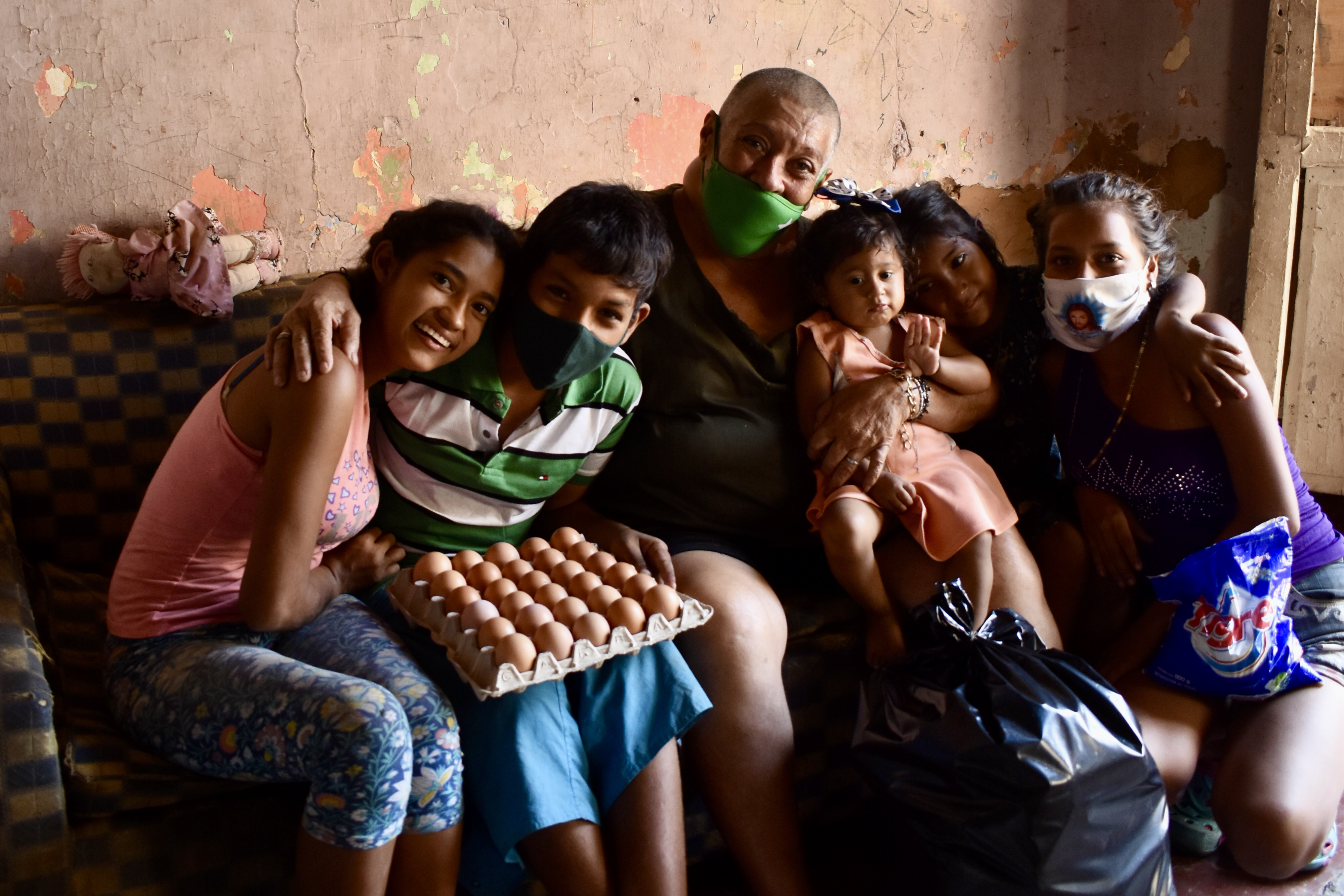
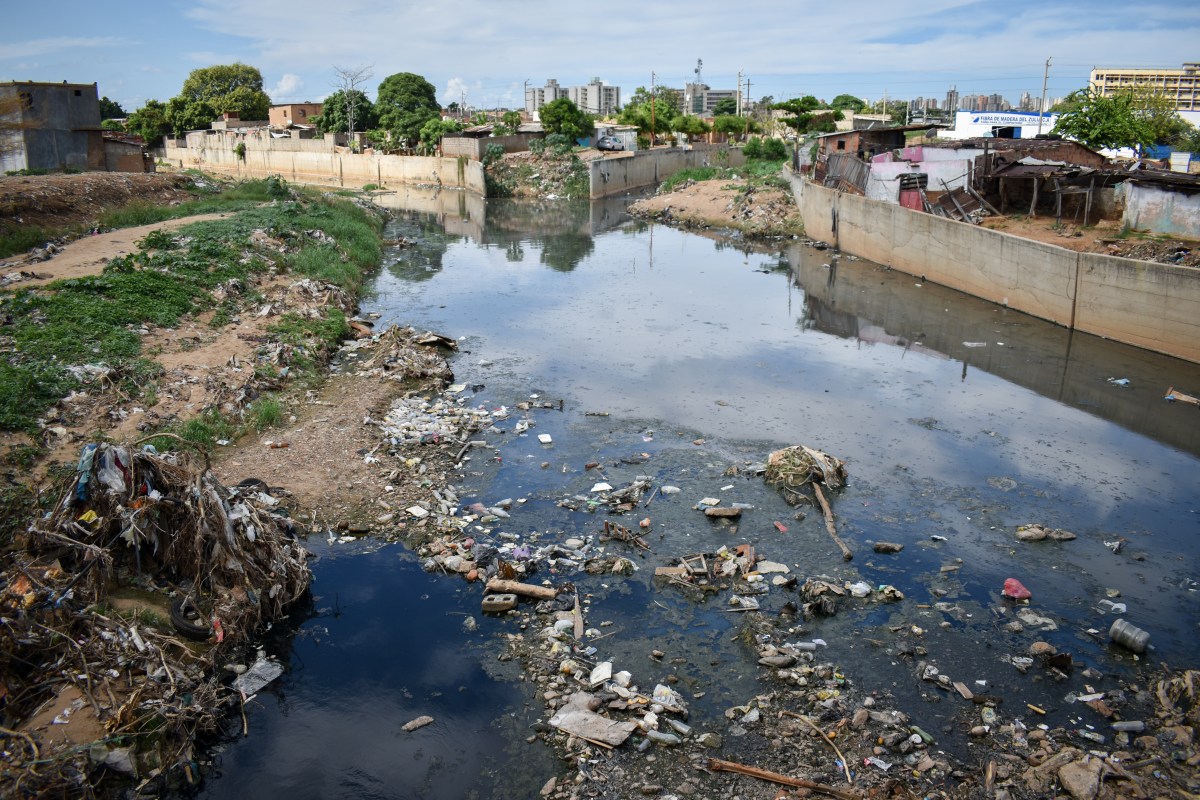
“When the sun comes up, I go for a walk. I have a hard time because of all the illnesses I suffer from, but God gives me strength because I don’t want my grandchildren to suffer. I always go out to the street to look for someone to help me, someone to bless me with a little flour, a little rice, a little sugar. I look for small portions.”
Aurora sobbed as she explained how she spends her days. Even in her situation of extreme poverty, she doesn’t want to be a burden to her neighbors.
Studies suggest that a family of five in Venezuela would need to make a minimum of $250 a month to cover food and living expenses. Many of the families we serve earn a monthly wage of $2.
It is impossible for them to close this gap themselves.
“Thank you, thank you, thank you!”
Gratitude came spilling out of Aurora’s grandchildren before they even had the chance to look through everything included in their family’s food pack. For children used to chronic hunger, it can be shocking to see so much food at once. Just having a choice, options of what to eat first, can be overwhelming.
“For me?” said 8 year-old María, when she saw the bags of sugar and powdered milk. Humberto, 11, was excited too. “Flour for tortillas!”
Two-year old Andrea is still too young to understand the impact of the moment, but for Aurora, this food delivery relieved some of the anxiety she feels for her granddaughter. In her young life, Andrea has never had enough to eat, and because of that, she hasn’t grown properly. There is no money to buy milk, so little Andrea’s meals consist of a bottle full of the water used to cook rice or pasta. It fills her belly for a few hours, but offers little nutrition.
Now she has food to fill her belly and strengthen her body.
Monthly food packs are back-breaking to deliver. Gasoline is nearly impossible to find, and extremely expensive, but our distribution teams are so anxious to put food into the hands of their neighbors, they deliver it by foot. These distributions are driven by love.
Monthly packs are full of commonly used, shelf-stable foods. Staples like flour, sugar, powdered milk and drinking water, and protein-rich foods like canned tuna and ham, and eggs.
For families like Aurora’s, these packs are a lifesaver in more ways than one. They provide essential nutrition, yes. But they also provide families tangible evidence that they matter, that they are loved, and that they are not forgotten by a world often silent about their plight.
Editor’s Note: A version of this article will appear in the next issue of the Preemptive Love Journal.

